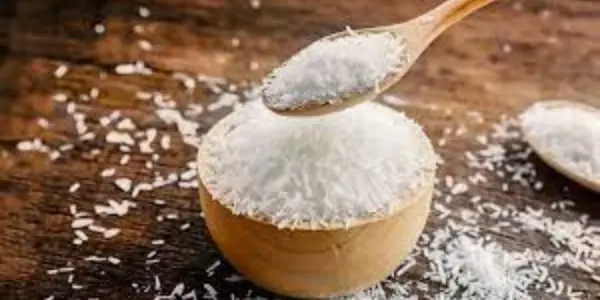Food & Beverage
Stringent regulations in the food and beverage industry prioritize public health, mandating the meticulous removal of harmful substances like mycotoxins, pesticides, and processing residuals. Activated carbon is used in this process, eliminating these impurities and refining the sensory qualities of food and beverages.
Soft drinks & Beverages
Beverage manufacturers, including those producing beer, bottled water, and soft drinks, often use activated carbon to treat their water. This ensures the water meets the industry standards and food safety regulations by removing various pollutants, such as chlorine, taste and odor compounds, and other undesirable substances.

Fruit Juice
The quality of raw materials in concentrated fruit juice production can vary, leading to undesirable components affecting taste and appearance. Activated carbon plays a crucial role in addressing this challenge. Producers can effectively remove these unwanted components by selecting the most effective grade of activated carbon, enhancing the final juice product’s quality and visual appeal.
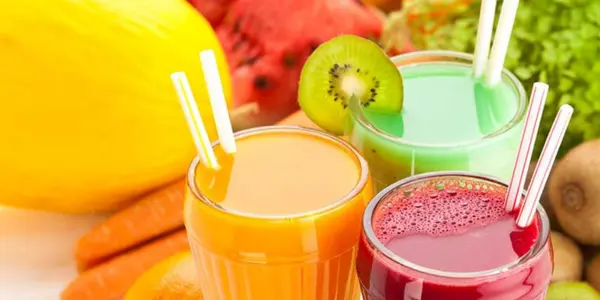
Beer & Wine
Activated carbon is used in manufacturing beer, wine, and spirits, enhancing quality and ensuring consistency. It is utilized for various purposes, including dechlorinating water in bottling plants, purifying water, removing undesired components, and adjusting flavor and color. The appropriate activated carbon grade selection is determined by its intended application. For instance, chemically activated carbon is preferred for its decolorization capabilities, while steam-activated carbon is chosen to improve taste and odor.
In the wine industry, powdered activated carbon is used to decolorize red wine, enabling the production of vermouth or white wine from dark grapes. Beyond wine, activated carbon is integral in fine spirits and beers’ distillation and brewing processes. It effectively removes acetaldehyde and various unwanted organic compounds, refining the final product’s taste and odor. This ensures that beverages like wine, beer, and vodka meet the highest quality standards.

Sweeteners
Like its application in beverage production, activated carbon is used to produce sugar syrups, dextrose, fructose, and other sweeteners. It’s employed to dechlorinate process water, remove undesired components and pollutants, and refine flavor and color. The selection of activated carbon, whether chemically activated for decolorization or steam-activated for taste and odor control, depends on the specific requirement. High-quality activated carbon is crucial for eliminating impurities such as acetaldehyde and branched alcohols, ensuring the purity and quality of the sweeteners.
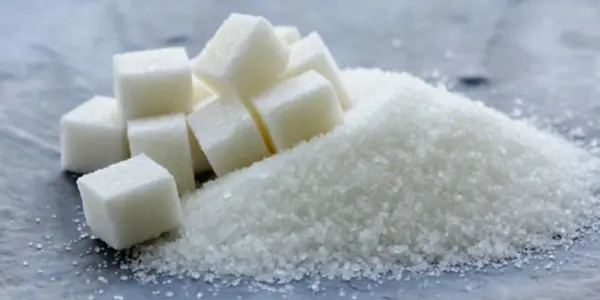
Glycerin
Activated carbon is a critical adsorbent in glycerine purification, effectively removing impurities, colors, and odors in its granular and powdered forms. In the initial stages of crude glycerol purification, activated carbon lowers color and fatty acids. At the same time, during the final bleaching phase, it helps eliminate residual color and odors, ensuring high-quality glycerine.
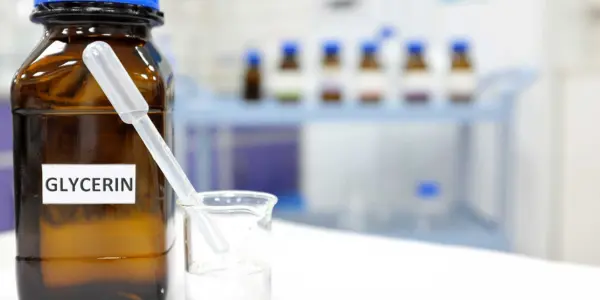
Edible Oil
Purify edible oils from various palm, olive, coconut, and rapeseed sources. It helps remove naturally occurring toxins or those introduced during processing while also modifying color for a more appealing final product. A key focus is removing harmful Polycyclic Aromatic Hydrocarbons (PAHs), particularly the carcinogen Benzo[a]pyrene (BaP), ensuring the safety and quality of these essential cooking oils.
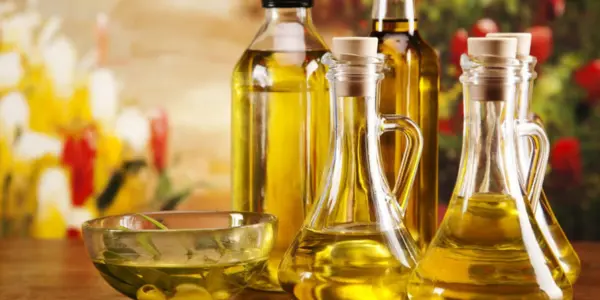
Citric Acid, Gelatin, and Monosodium Glutamate (MSG)
Monosodium glutamate (MSG) and lactic acid, both preservatives and thickener gelatin, are produced by fermentation processes. High-quality activated carbon, available in granular and powdered form, is used to decolorize, deodorize, and eliminate organic impurities, and activated carbon products are used to purify citric acid and remove unwanted color compounds.
